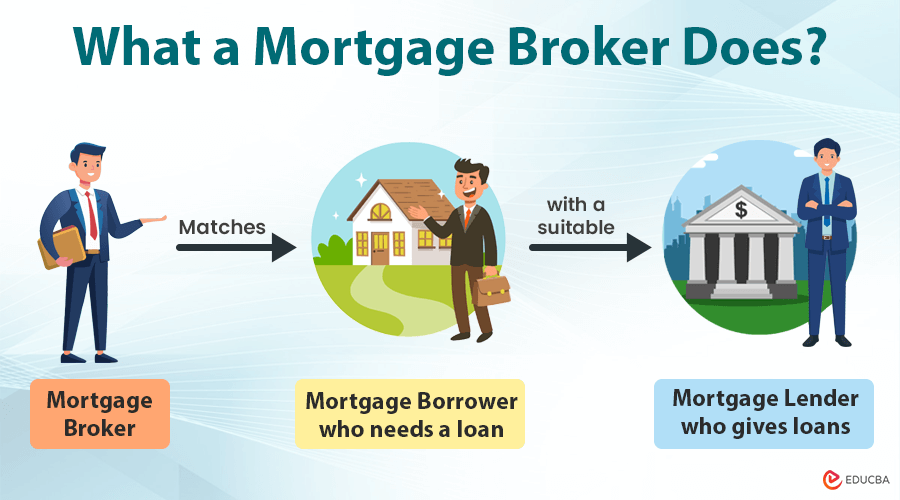Jumbo Loan Purviews: Just How Much Can You Obtain for a High-End Home?
Jumbo Loan Purviews: Just How Much Can You Obtain for a High-End Home?
Blog Article
Comprehending What a Jumbo Funding Entails and Exactly How It Varies From Standard Loans
Navigating the complexities of big car loans exposes a funding option tailored for those venturing into high-value genuine estate, commonly going beyond the limits established by the Federal Housing Finance Agency. The considerable threat associated with big financings necessitates more rigid certification needs, consisting of higher credit history scores and significant down settlements.
Interpretation of Jumbo Fundings
Jumbo loans are a sort of home mortgage that surpass the adhering lending limitations established by the Federal Real Estate Finance Company (FHFA) These finances accommodate customers that need to finance buildings that are more expensive than what traditional funding limitations enable. The FHFA establishes annual adhering financing limitations, and any finance surpassing these thresholds is identified as a jumbo financing.
Commonly, jumbo car loans are utilized in high-cost real estate markets where home prices substantially surpass national averages, such as in metropolitan locations or luxury housing sectors. As these loans are not eligible for acquisition by Fannie Mae or Freddie Mac, they lug inherent dangers for lending institutions as a result of their bigger dimension and non-conformity (jumbo loan). As a result, lending institutions frequently enforce more rigid credentials standards for jumbo fundings than common adapting car loans.
Customers looking for jumbo finances need to generally show a solid monetary profile, consisting of a greater credit report, durable income confirmation, and significant down payment, typically 20% or even more. Additionally, lenders might require a lot more substantial documents to assess the customer's ability to handle larger regular monthly repayments. Comprehending the details attributes of big loans is important for possible debtors navigating this sector of the home mortgage market.
Standard Loans Overview
While jumbo lendings cater to high-value building funding, traditional financings stand for the even more common mortgage option in the housing market. These loans are not guaranteed or guaranteed by any kind of federal government entity, such as the Federal Real Estate Management (FHA) or the Department of Veterans Affairs (VA) Rather, they are backed by exclusive loan providers and comply with standards set by government-sponsored ventures (GSEs) like Fannie Mae and Freddie Mac.
Conventional fundings are usually provided with taken care of or adjustable rate of interest and vary in regards to duration, commonly spanning 15 to thirty years. Debtors typically favor traditional lendings for their predictable monthly repayments, which can promote long-lasting financial preparation. Additionally, they are offered for main residences, second homes, and financial investment properties, offering versatility to satisfy varied consumer demands.

Key Distinctions Between Fundings
At the leading edge of this decision-making procedure are standard finances and big loans, each having distinct attributes and serving various customer needs. Big loans go beyond the conforming loan limitations set by the Federal Real Estate Financing Agency (FHFA), which vary by region.

Furthermore, the down repayment requirements can differ significantly. Jumbo car loans usually need bigger down repayments, in some cases exceeding 20%, to alleviate danger. Conventional car loans, on the other hand, might enable lower down payments, with some programs approving as little as 3% for certified customers.
Certification Demands
Safeguarding a big loan includes meeting extra rigorous qualification needs contrasted to standard lendings, reflecting the boosted threat to lending institutions. These finances, which go beyond the conforming car loan limitations set by the Federal Housing Financing Agency (FHFA), are not eligible for purchase by Freddie Mac or Fannie Mae, thus revealing lenders to higher monetary danger - jumbo loan. Because of this, borrowers have to show a high creditworthiness and financial security
A durable credit history, normally 700 or greater, is important for approval. Lenders additionally anticipate a lower debt-to-income (DTI) proportion, often not going beyond 43%, guaranteeing that consumers review can take care of substantial regular monthly repayments alongside various other monetary commitments. A significant cash get is typically required, typically amounting to 6 months of mortgage payments, to comfort lending institutions of the debtor's economic strength.
Deposit expectations are also raised, often starting at 20% or more of the residential property's value. While this is a secure for lending institutions, it necessitates considerable in advance funding from consumers. In addition, evidence of regular, sufficient earnings is crucial, typically verified with tax obligation returns, W-2s, and recent pay stubs. Independent people might require to provide further documentation, such as revenue and loss declarations, to substantiate their income stability.
Choosing the Right Financing
When choosing the most ideal financing option,Browsing the complexity of jumbo car loans needs cautious consideration. With the wider variety of options available to those looking for big lendings, the decision-making process must involve a comprehensive evaluation of one's economic account and lasting goals. Unlike traditional lendings, jumbo loans frequently come with stricter needs and differed rates of interest, which necessitate complete research and a clear understanding of one's financial standing.
When selecting between different big car loan offerings, it is critical to evaluate the lending terms, including rates of interest, repayment schedules, and connected charges. Debtors need to contrast the rates offered by different lenders to ensure they safeguard one of the most favorable terms. Furthermore, comprehending the ramifications of repaired versus variable-rate mortgages (ARMs) is important, as each option presents unique benefits and dangers depending on market conditions and individual economic methods.
Engaging with a financial expert or mortgage broker can offer valuable insights customized to specific circumstances. These professionals can help in browsing the nuances of big financings, guaranteeing that more helpful hints borrowers are knowledgeable and outfitted to select a car loan that lines up with their economic purposes, ultimately assisting in a smoother home-buying procedure.
Verdict
In recap, big loans work as a financial tool for obtaining high-value homes, necessitating strict eligibility demands and greater rate of interest because of the raised danger for lenders. Unlike traditional lendings, which conform to FHFA restrictions and may get support from Fannie Mae or Freddie Mac, big loans need a minimum credit rating of 700 and substantial deposits. Comprehending these distinctions is important for customers in high-cost genuine estate markets to identify one of the most appropriate financing choice for their demands.
The FHFA establishes yearly adjusting funding limits, and any type of loan surpassing these thresholds is identified as a jumbo car loan.
At the forefront of this decision-making process are big car loans and standard fundings, each having distinctive features and serving different customer needs.Securing a jumbo lending includes fulfilling a lot more rigid qualification needs compared to traditional finances, mirroring the increased danger to lenders. Unlike traditional loans, jumbo fundings often come with stricter requirements and varied interest prices, which demand complete study and a clear understanding of one's monetary standing.
Unlike standard financings, which adapt to FHFA hop over to these guys limits and may receive support from Fannie Mae or Freddie Mac, big car loans require a minimal debt score of 700 and significant down repayments.
Report this page